What is a Natural Shoreline?
Lakes have natural features that keep them healthy and clean. One of these features is a naturally vegetated shoreline that provides benefits for lake and wildlife health. Learn more in the Healthy Lakes video:
You Can Combat Shoreline Erosion
The main cause of shoreline erosion on inland lakes are;
Aquatic and terrestrial vegetation removal
Shoreline hardening (i.e. seawalls)
Best Management Practices to Reduce Shoreline Erosion
Maintain a vegetated shoreline buffer zone by planting native plants, shrubs, and trees, not mowing to the edge, and keeping impervious surfaces to a minimum.
Encourage aquatic plant growth by only removing small areas of plants for boats or other recreational purposes.
Homes should be sited at least 100 feet from the shoreline.
What if My Shoreline is Already Eroding?
Contact a qualified Natural Shoreline Consultant for a site visit
Do not mow turf grass to the edge
Consider a soft-armored or bio-engineered shoreline - permit required
Bio-engineered shorelines may include native plants, coir (coconut fiber) logs, erosion control blankets (coconut or wood fiber), and correctly sized and placed rocks
BCD Natural Shoreline Installation Projects
Thornapple Lake
Site Name
Thornapple Lake - Historic Charlton Park
Planting Area
~2,000 square feet
Year of Installation
2016
Wall Lake 1
Site Name
Wall Lake 1 - Private Landowner
Planting Area
725 square feet
Year of Installation
2021
After installation: May 2021
Two years post installation: June 2023
Big Cedar Lake
Site Name
Big Cedar Lake - Private Landowner
Planting Area
2,701 square feet (37’ x 73’)
Year of Installation
2022
Before - May 2022
After - June 2023
Wall Lake
Site Name
Wall Lake 2 - Private Landowner
Planting Area
1,025 square feet (41’ x 25’)
Year of Installation
2022






